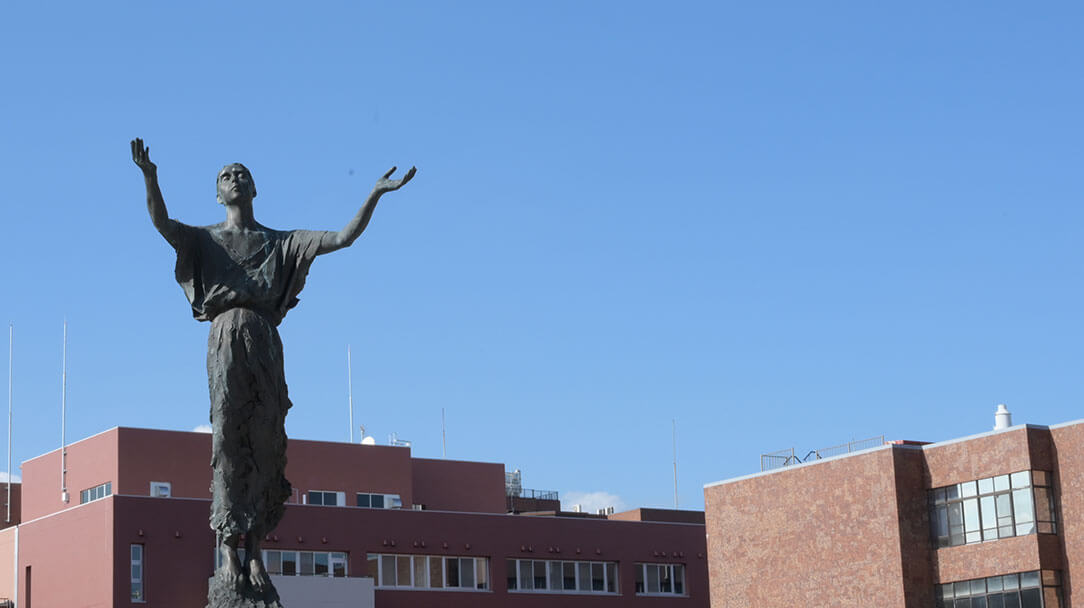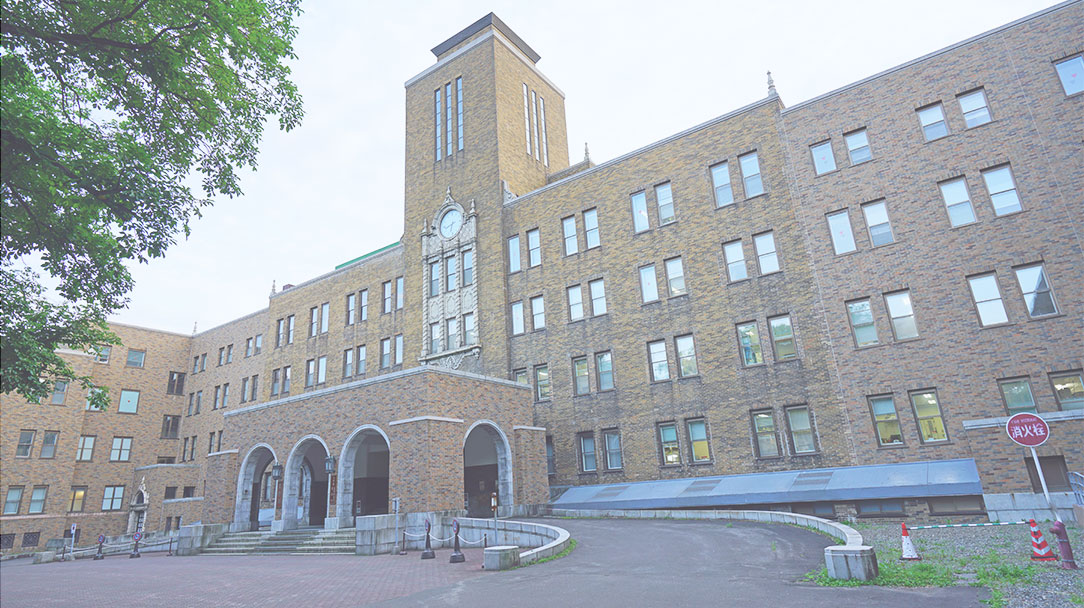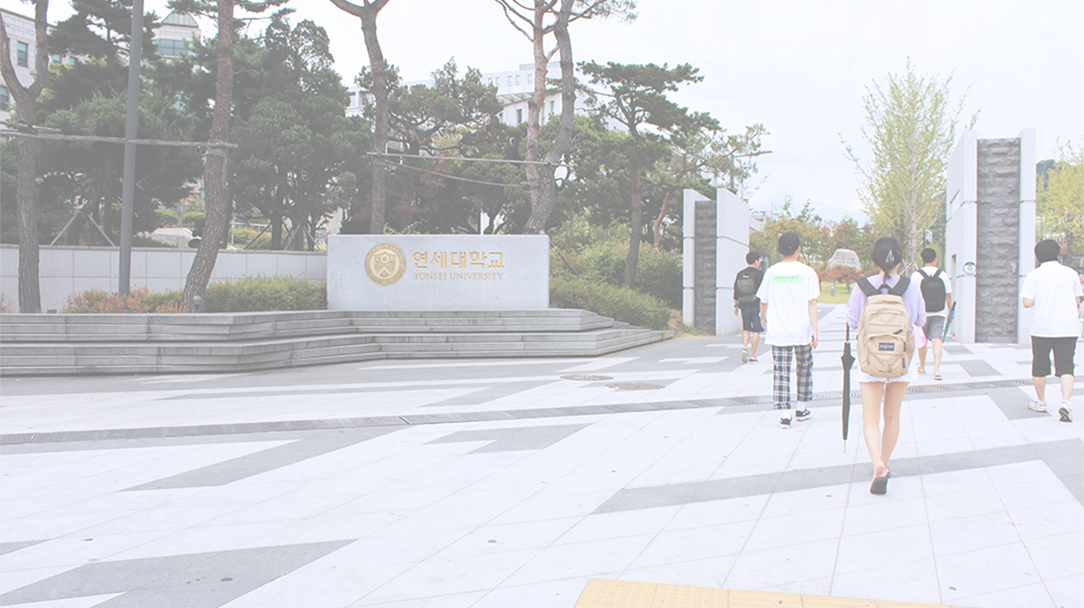Articles
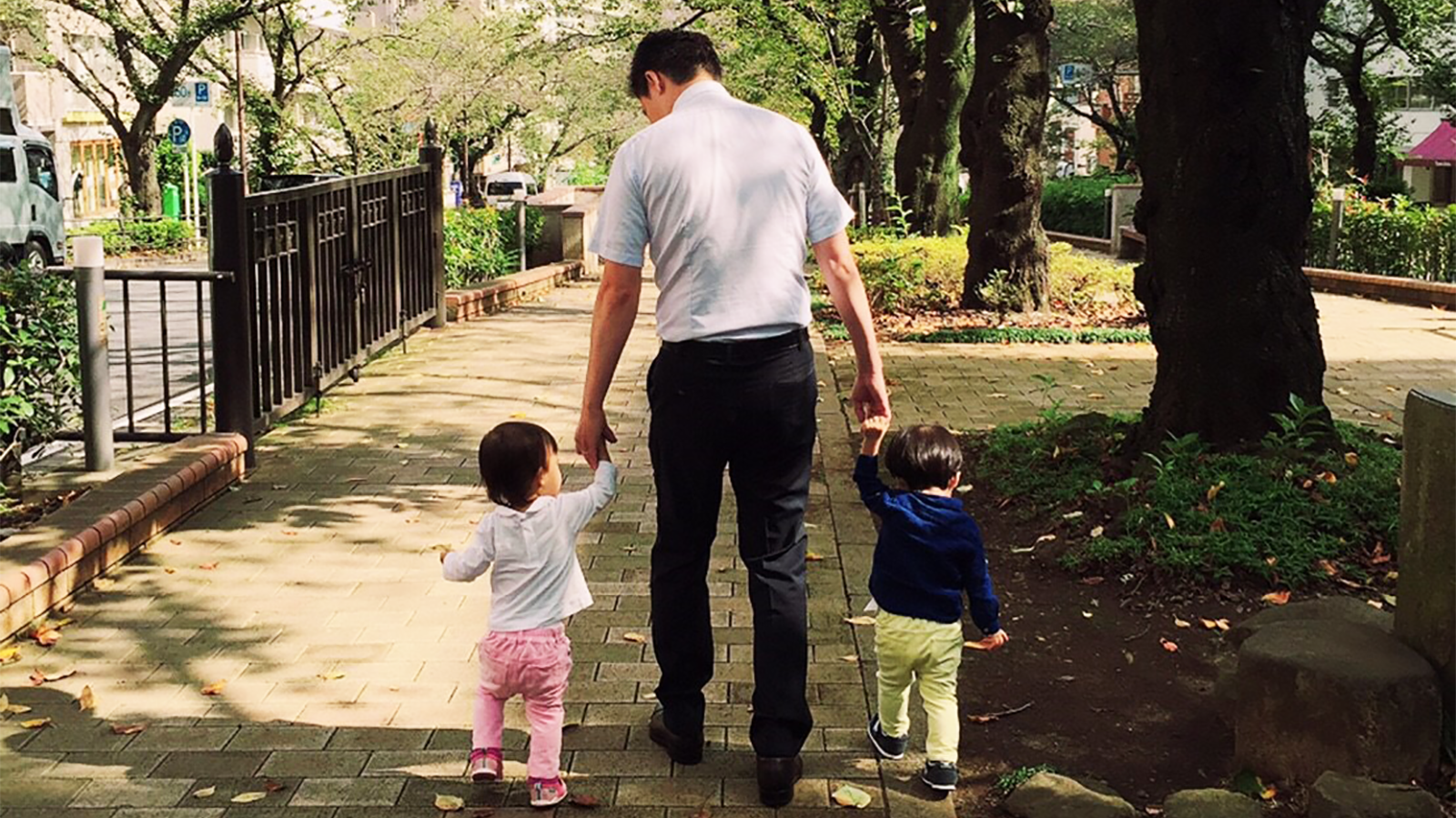
Opinion
Vol. 3 The Friendly Solutions Proposed by the Researchers' Community for Child Care Support at Nagoya University
To my fellow men: Donʼt talk about work until youʼve experienced what itʼs like to balance a career with parenting!
My conversation with the women academics of Nagoya University made me realize exactly how difficult...
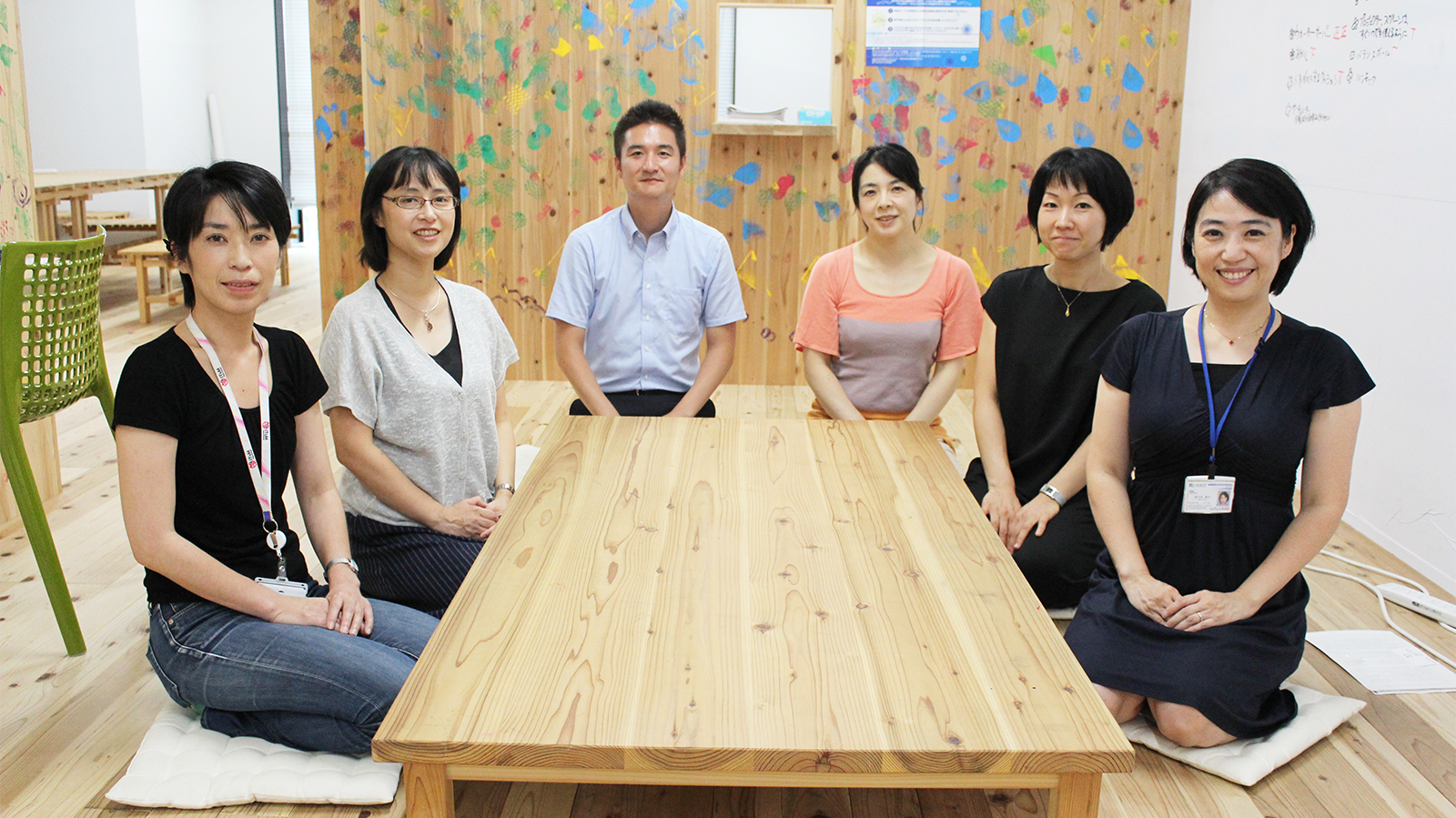
Diversity
Vol. 3 The Friendly Solutions Proposed by the Researchers' Community for Child Care Support at Nagoya University
Interviewing the Academics Who Are Mothers – Trends in and Measures for Solo Parenting
We had an opportunity to attend one of the community lunch meetings, during which we...
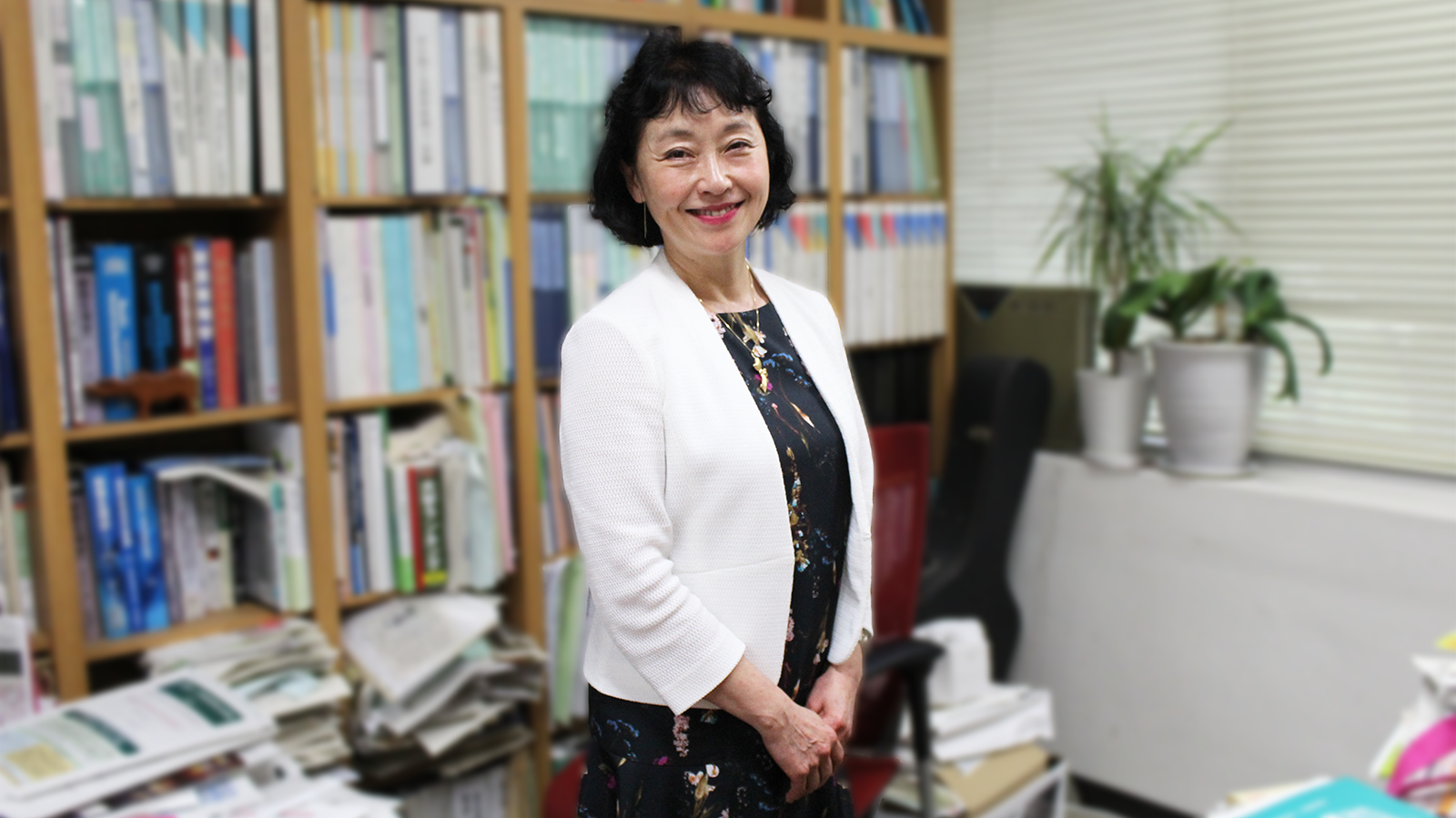
Collaboration
Vol. 3 The Friendly Solutions Proposed by the Researchers' Community for Child Care Support at Nagoya University
An Inspiration for All Women in Nagoya University
Here is the woman who started it all. Hiroko Tsukamura started Nagoya University’son-campus childcare faciliti...
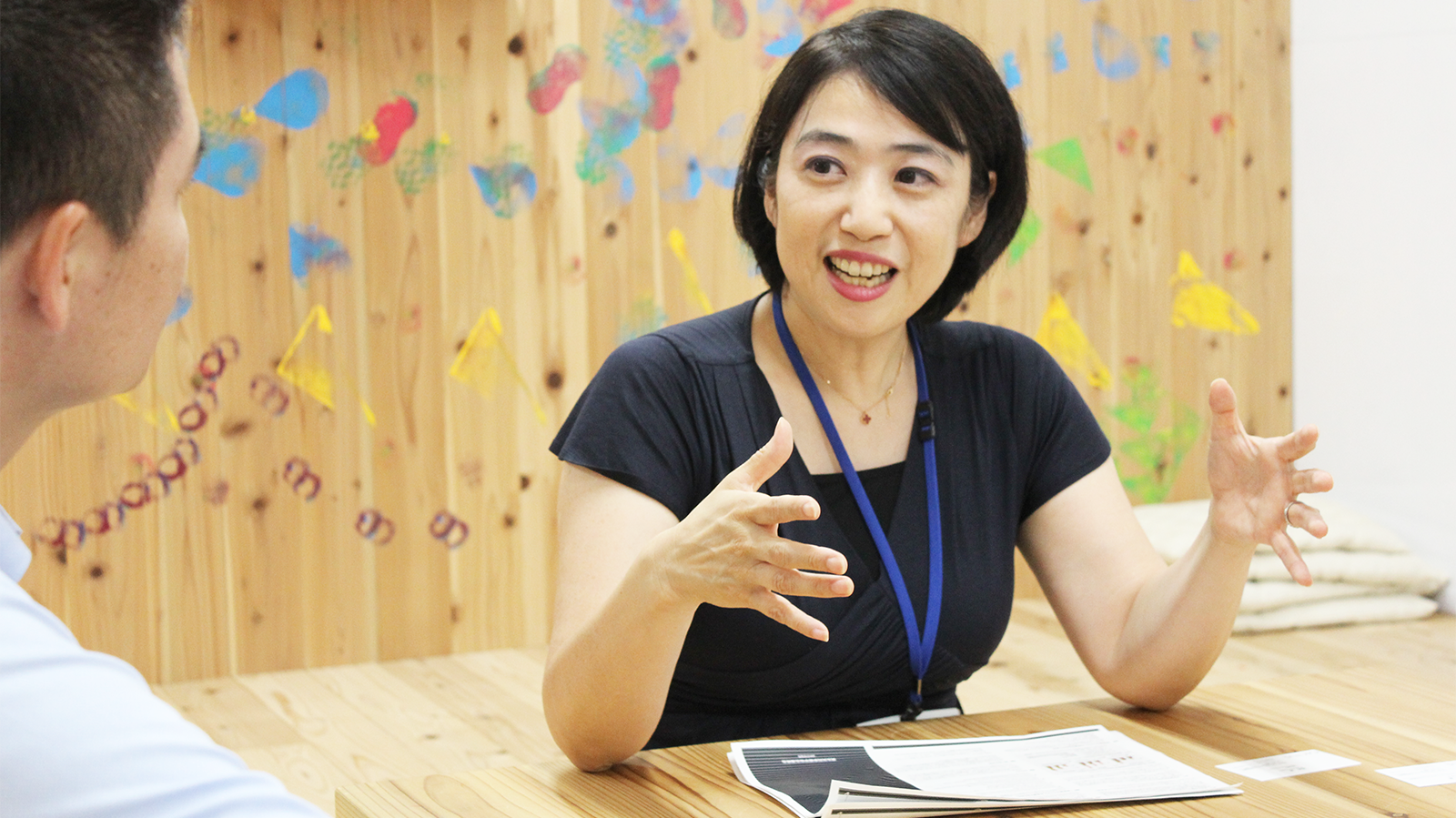
Diversity
Vol. 3 The Friendly Solutions Proposed by the Researchers' Community for Child Care Support at Nagoya University
Interviewing the Key Person – How to Truly Support Women Academics in Their Parenting
When we started to cover this story, we soon realized something: Narie Sasaki plays a...
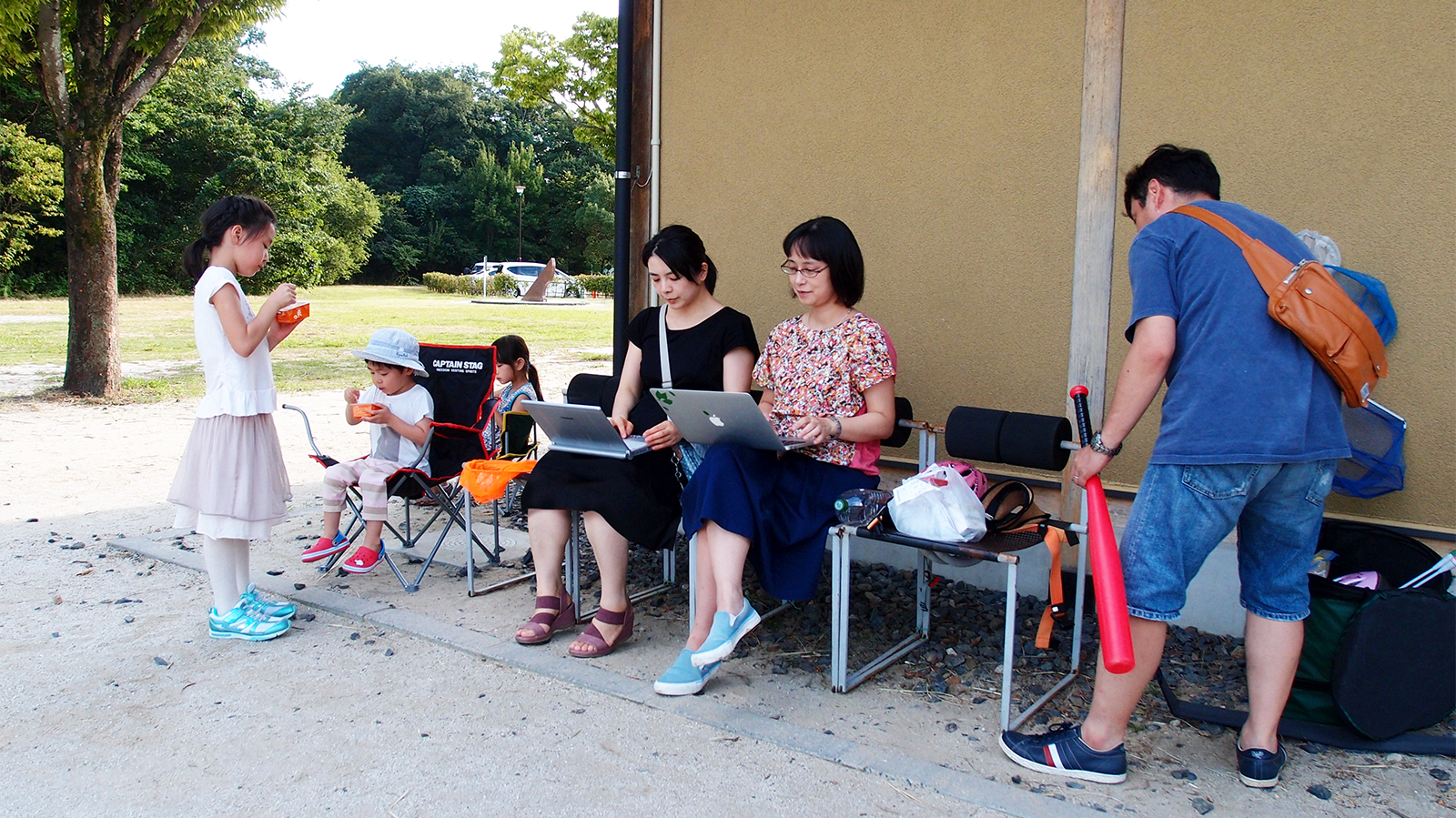
Diversity
Vol. 3 The Friendly Solutions Proposed by the Researchers' Community for Child Care Support at Nagoya University
What does it mean for a Researcher to be a Solo-Parent? A Reality Check
Upon accepting her post at Nagoya University, Professor Miho Tagawa relocated to Nagoya with her...
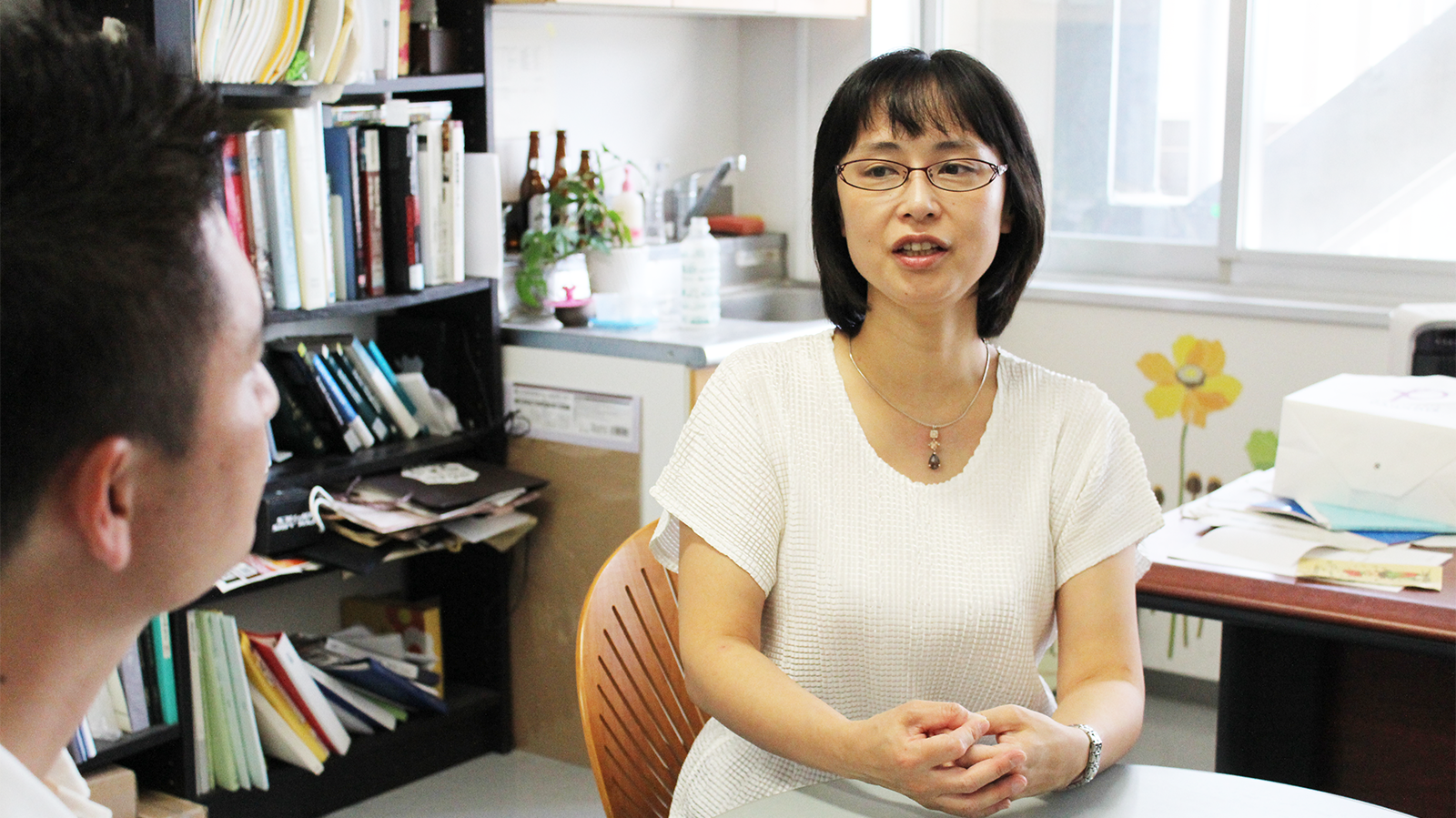
Diversity
Vol. 3 The Friendly Solutions Proposed by the Researchers' Community for Child Care Support at Nagoya University
What was the Inspiration Behind the Researchers’ Community for Child Care Support at Nagoya University?
Following Nagoya University’s publicly advertised recruitment drive for female principal investigators, Professor Azusa Kamikouchi took...
